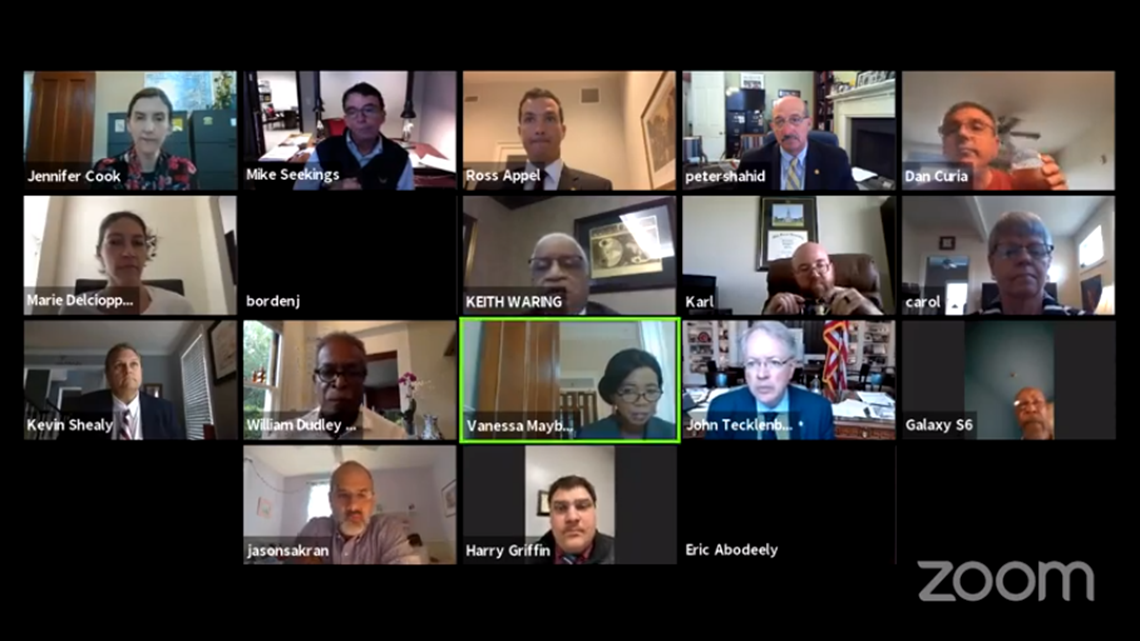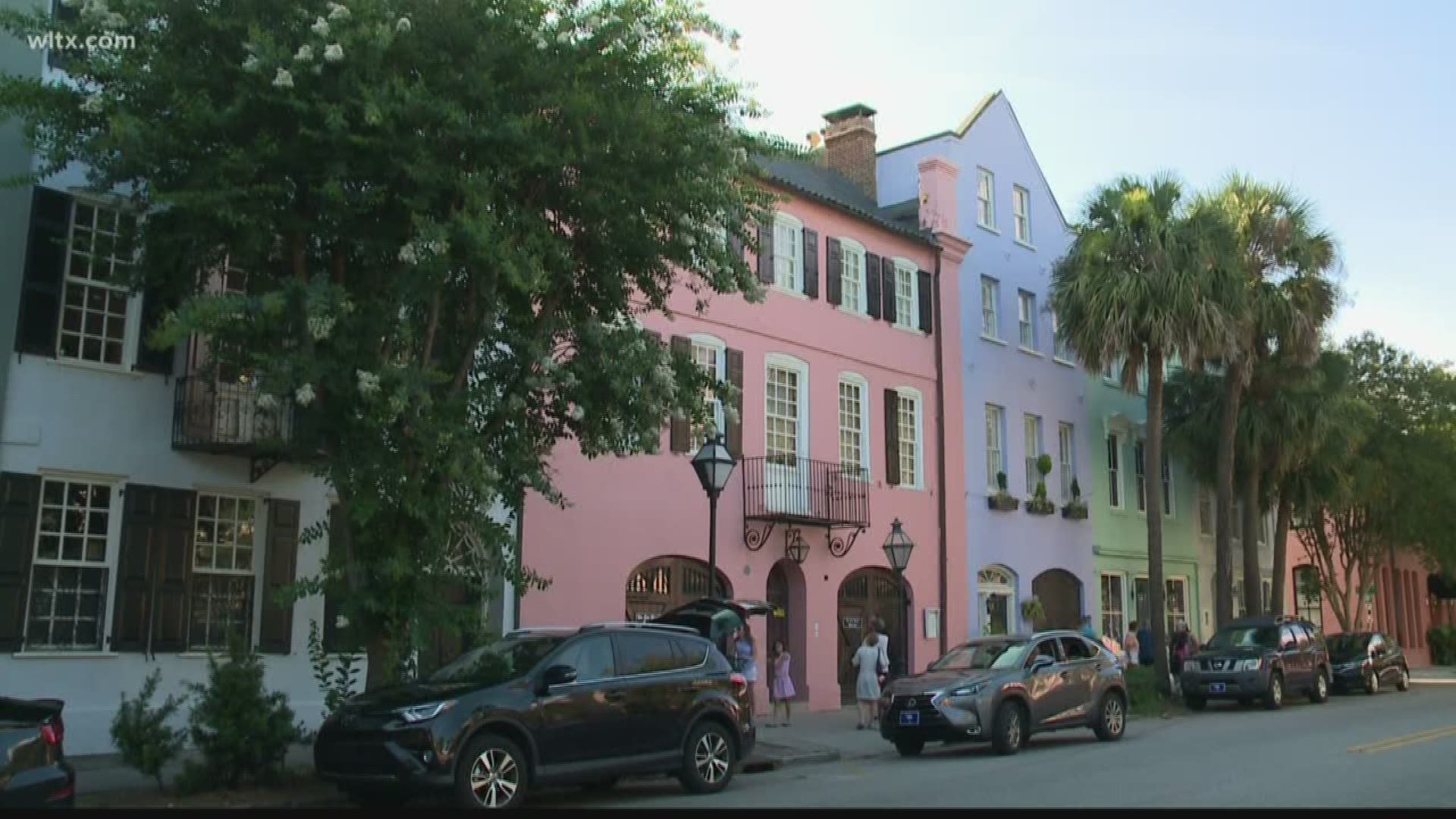CHARLESTON, S.C. — Charleston City Council voted to issue a “stay at home” order for the City of Charleston effective Thursday.
Charleston Mayor John Tecklenburg introduced the proposed measure on Facebook Tuesday afternoon, saying “Modeling at both Columbia University and here locally shows that Charleston is facing thousands of deaths -- most of them unnecessary -- if we don't stop the spread of this virus and prevent our local hospital system from being overwhelmed right now.” Teckel goes on to say, “This moment -- with the pandemic still in the earliest part of the acceleration phase -- is our last, best chance to keep that tragedy from happening here in our city.”
The measure, which goes into effect at 12:01 a.m. on Thursday, March 26, states that “individuals shall stay in their homes and not travel through or congregate in the streets, sidewalks, waterways and/or public spaces in the City of Charleston” except for conducting essential business or to engage in certain recreational activities.
RELATED: Governor's order to dispers gatherings doesn't apply to families, workplaces, law-abiding businesses
Those who must go out to work or conduct essential business must practice social distancing of at least six feet. Any social gathering of 10 or more people is prohibited except for working at or receiving essential services. Places conducting essential services operations “shall take all reasonable measures to facilitate and ensure social distancing.


Restaurants and bars may continue to offer pickup, take out or delivery services.
Individuals should limit outdoor recreational activities to those that allow for social distancing of at least six feet and do not involve sharing equipment.
The ordinance expires after 14 days unless otherwise extended to protect the health and safety of Charleston.
Essential services are described as follows:
- Essential health care operations including research and laboratory services, hospitals, walk-in-care health facilities, veterinary and livestock services, elder care, medical wholesale and distribution, home health care workers or aides, doctors and emergency dental, nursing homes, residential health care facilities or congregate care facilities, medical supplies and equipment manufacturers and providers.
- Essential infrastructure operations including utilities including power generation, fuel supply and transmission, public water and wastewater, telecommunications and data centers, airports/airplanes, transportation insfrastructure such as bus, rail or for-hire vehicles, garages, hotels, places of accommodation, and the S.C. Port Authority.
- Essential manufacturing operations
- Essential retails operations to include grocery stores, food and beverage stores, big box or wholesale stores that have in-house grocery or pharmacy services, pharmacies, convenience stores, direct farm to consumer sales, gas stations, restaurants and bars (for take-out or delivery only), hardware and building materials store and online retailers that deliver products and services to homes or businesses.
- Essential service operations to include garbage, trash and recycling collection, mail and shipping services, laundromats and dry cleaning among other services.
- News media
- Financial institutions and professional services operations including banks, credit unions, check cashing services, insurance, payroll, accounting and services related to financial markets and legal services.
- Providers of basic necessities to economically disadvantaged populations
- Construction, including skilled trades such as electricians, plumbers, other related construction firms and professional services for essential infrastructure or for emergency repair and safety purposes where the contractor can ensure social distancing.
- Defense operations
- Essential services necessary to maintain the safety, sanitation & essential operations of residences or other essential businesses including law enforcement, fire prevention and response, building code enforcement, security, emergency management and response among other services.
See the full ordinance for additional details.
Watch the archived council meeting here.

